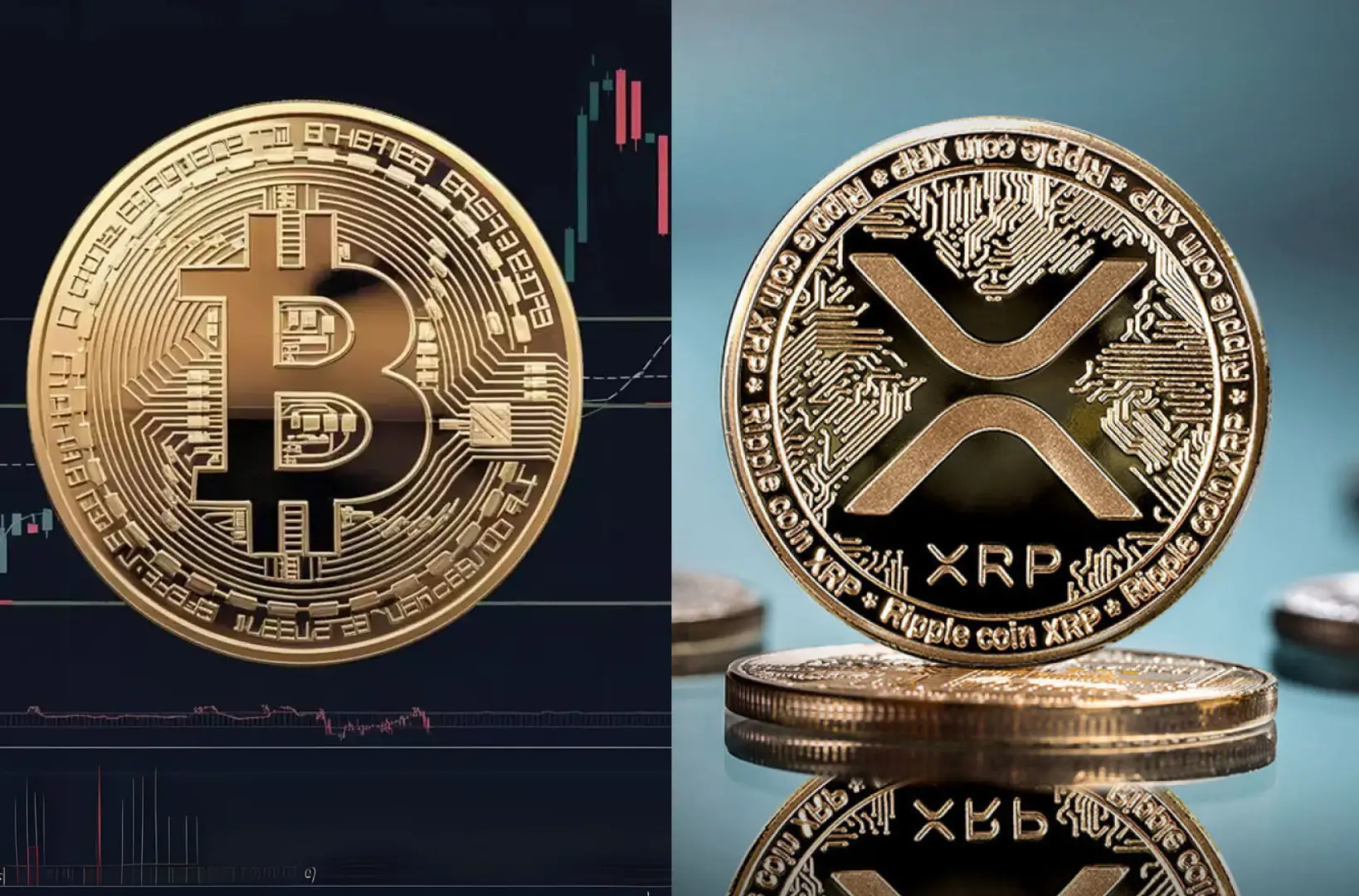The cryptocurrency industry has always been at the forefront of financial innovation, but it has often found itself at odds with regulatory authorities worldwide. In a groundbreaking turn of events, the United States Securities and Exchange Commission (SEC) recently granted its first significant policy win to the crypto sector. This decision marks a watershed moment in the journey toward regulatory clarity and mainstream acceptance of cryptocurrencies, sparking optimism across the industry. Notably, Bitcoin, the flagship cryptocurrency, has experienced a surge in value following this historic development. This blog delves into the significance of this policy win, its implications for the crypto industry, and what it means for the future of digital assets.
The SEC’s Policy Win: A Turning Point for Crypto Regulation
For years, the SEC has maintained a cautious stance toward cryptocurrencies, frequently citing concerns about fraud, market manipulation, and investor protection. These concerns have often translated into stringent regulatory measures, creating challenges for blockchain developers, crypto startups, and investors seeking to navigate the complex regulatory landscape.
However, the SEC’s recent decision represents a paradigm shift. By granting a significant policy win to the crypto sector—whether through the approval of a Bitcoin spot ETF, clear guidelines on token classification, or another landmark ruling—the agency has signaled its willingness to engage with the industry constructively. This move is a step toward bridging the gap between traditional financial systems and the burgeoning world of digital assets.
The details of this policy win underscore the importance of regulatory clarity. Clear guidelines not only foster innovation but also provide a framework for protecting investors and ensuring market stability. This balance is crucial for the long-term growth and sustainability of the crypto industry.
Bitcoin’s Reaction: A Resurgence of Optimism
Bitcoin, often referred to as digital gold, has historically been the bellwether of the cryptocurrency market. Unsurprisingly, it was among the first digital assets to respond positively to the SEC’s decision. Following the announcement, Bitcoin’s price saw a significant uptick, reflecting renewed confidence among investors.
The surge in Bitcoin’s value can be attributed to several factors:
- Market Validation: The SEC’s decision is seen as a form of validation for Bitcoin and the broader crypto ecosystem. It signals that regulatory authorities are beginning to recognize the legitimacy and potential of digital assets.
- Increased Investor Confidence: Regulatory clarity often reduces uncertainty, which is a major deterrent for investors. With clearer rules in place, both retail and institutional investors are more likely to enter the market.
- Potential for Broader Adoption: Positive regulatory developments often pave the way for mainstream adoption. As Bitcoin gains acceptance among regulators, it becomes increasingly integrated into traditional financial systems.
The price surge also highlights the market’s sensitivity to regulatory news. Positive developments can have an outsized impact, boosting sentiment and driving momentum across the crypto market.
Implications for the Crypto Industry
The SEC’s policy win is more than just a victory for Bitcoin; it has far-reaching implications for the entire cryptocurrency ecosystem. Here are some of the key areas where this decision is likely to have an impact:
- Increased Institutional Participation: Institutional investors have long been wary of entering the crypto space due to regulatory uncertainties. The SEC’s decision provides the clarity needed to attract major players such as hedge funds, asset managers, and pension funds. Increased institutional participation can lead to greater liquidity, reduced volatility, and enhanced credibility for the crypto market.
- Encouraging Innovation: Regulatory clarity encourages innovation by providing a stable environment for developers and entrepreneurs. Blockchain startups can focus on building transformative solutions without the fear of regulatory crackdowns. This could lead to advancements in decentralized finance (DeFi), non-fungible tokens (NFTs), and other blockchain applications.
- Setting a Precedent for Global Regulation: The United States is a global leader in financial regulation, and its decisions often influence other countries. The SEC’s policy win could serve as a blueprint for other regulators worldwide, fostering a more harmonized approach to crypto regulation.
- Boosting Public Trust: Regulation often carries a stigma in the crypto community, which values decentralization and autonomy. However, reasonable regulation can boost public trust by ensuring transparency and protecting investors. This trust is essential for driving widespread adoption.
Challenges and Caveats
While the SEC’s policy win is a significant milestone, it’s important to acknowledge the challenges that lie ahead. The crypto industry must navigate a delicate balance between embracing regulation and preserving its decentralized ethos. Over-regulation could stifle innovation, while under-regulation could expose investors to risks.
Moreover, the SEC’s decision is just the beginning. Implementing the new guidelines and ensuring compliance will require collaboration between regulators, industry stakeholders, and legal experts. The process may be complex and time-consuming, but it is a necessary step toward building a robust regulatory framework.
Critics also argue that the SEC’s approach to crypto regulation has been inconsistent. While this policy win is a positive development, it remains to be seen whether the agency will adopt a more cohesive and forward-thinking strategy moving forward.
A Ripple Effect Across the Market
The SEC’s decision has sparked a ripple effect across the cryptocurrency market. Altcoins such as Ethereum, Solana, and Cardano have also experienced gains, as investors interpret the news as a broader endorsement of the crypto ecosystem. This positive sentiment extends to other sectors, including DeFi and blockchain gaming.
The policy win has also reignited conversations about central bank digital currencies (CBDCs) and their potential role in the evolving financial landscape. As governments explore the development of digital currencies, the SEC’s decision could catalyze broader discussions about the future of money.
The Road Ahead
The SEC’s policy win marks the beginning of a new chapter for cryptocurrencies. It’s a moment of validation for an industry that has faced its share of skepticism and challenges. However, the journey is far from over. The crypto sector must continue to engage with regulators, educate policymakers, and advocate for balanced frameworks that support innovation while protecting investors.
For Bitcoin, this milestone reinforces its position as the pioneer and leader of the digital asset revolution. As it continues to gain acceptance among regulators and institutions, Bitcoin’s potential as a store of value and medium of exchange becomes increasingly evident.
Conclusion
The cryptocurrency industry’s first major policy win from the SEC is a testament to the progress made over the past decade. It signifies a turning point in the relationship between regulators and the crypto sector, paving the way for a more collaborative and prosperous future.
Bitcoin’s immediate gains are a reflection of the optimism surrounding this development, but the true impact will be felt in the years to come. As the industry evolves, this moment will be remembered as a pivotal step toward achieving the dual goals of innovation and regulation.
The road ahead is filled with opportunities and challenges, but one thing is clear: the future of cryptocurrency is brighter than ever. With Bitcoin leading the charge, the possibilities are limitless for what lies ahead in this exciting new era of financial innovation.

Jahanzaib is a Content Contributor at Technado, specializing in cybersecurity. With expertise in identifying vulnerabilities and developing robust solutions, he delivers valuable insights into securing the digital landscape.








